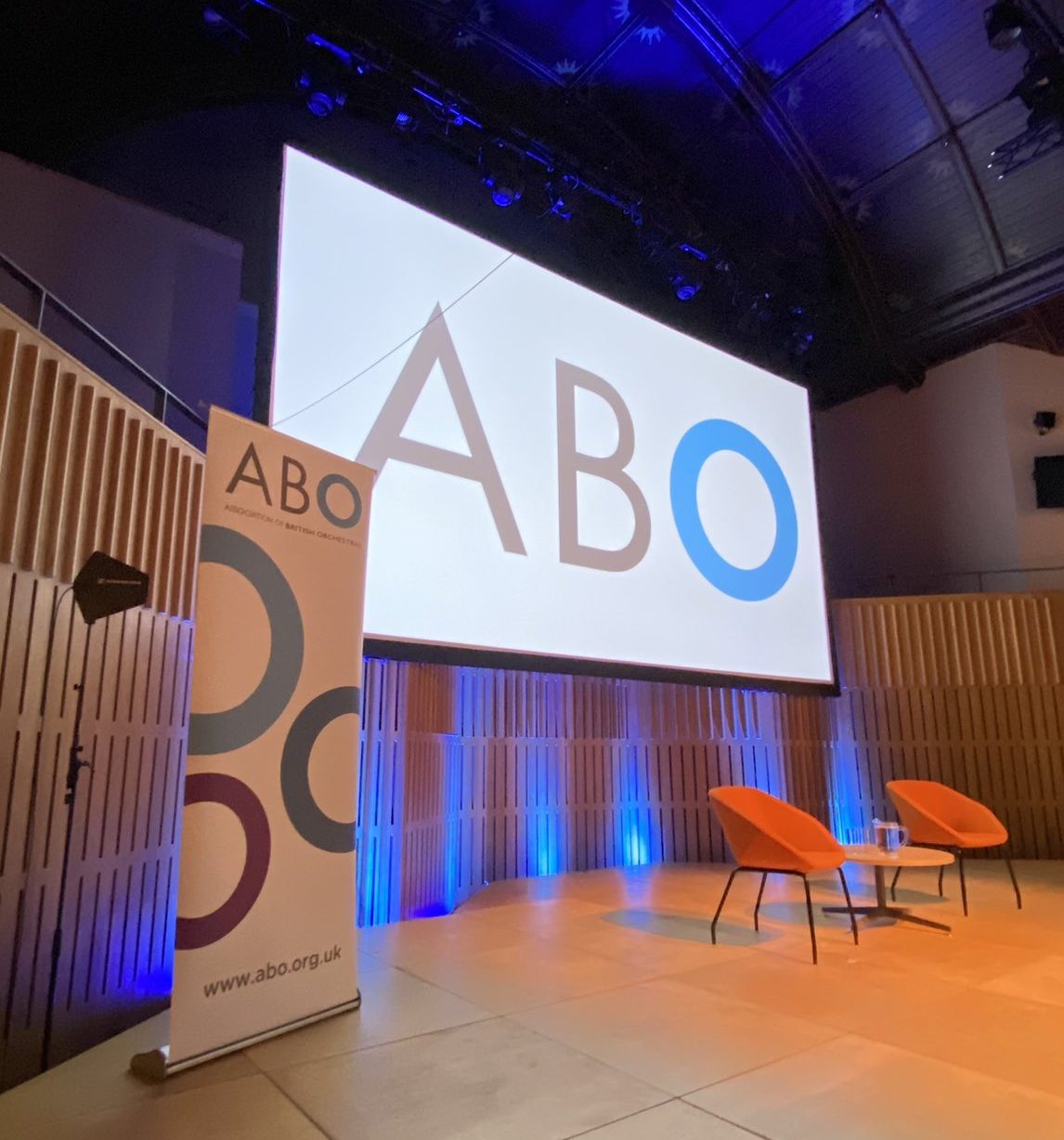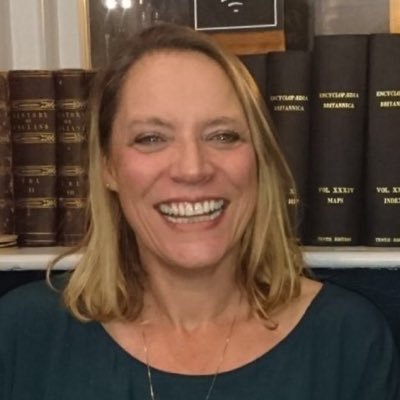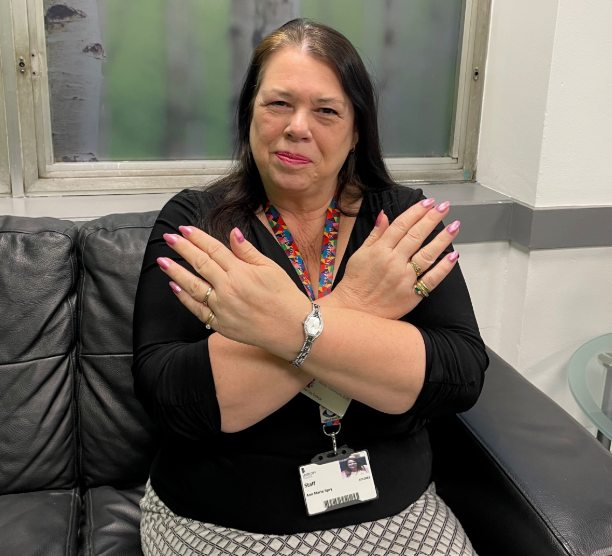
Leeds Conservatoire Leads Session on Classical Music Inclusivity at ABO Conference
Leeds Conservatoire’s Equality, Diversity and Inclusion (EDI) team led a session titled Is There a Seat for Someone Like Me? at the Association of British Orchestras (ABO) Conference.
The ABO represents the collective interests of professional orchestras, youth ensembles and the wider classical music industry throughout the UK, and the conference is its primary event each year. This year’s conference took place from 1 to 3 February at Opera North’s Howard Assembly Room.
The conference explored the experiences of underrepresented student musicians in the orchestral talent pipeline, creating conversations around what more the industry should do to welcome underrepresented talent, develop inclusive practice and tackle systemic inequalities.
Nick Burdett, Projects Team Manager and EDI Lead at Leeds Conservatoire, said, “Having the opportunity to create conversations that share the lived experiences of some of our underrepresented students with industry leaders in the orchestral sector is extremely valuable. It is vital for the next generation of musicians to have visible, relatable role models within the industry to develop a genuine sense of belonging.
“We know that there is still a long way to go to make sure that there is a seat for everyone, but by working together we hope to create the positive, systemic changes that all of our future orchestral musicians deserve to experience. We hope to continue the work with our students, staff and partners to influence inclusive practice across the sector as a whole.”
The session was a great opportunity for Leeds Conservatoire to collaborate with some of its partners, with Black Lives in Music, Opera North and Orchestras Live all supporting the facilitation alongside current conservatoire students and staff members. Together they led conversations surrounding ethnicity, gender and neurodiversity, raising the profile of Leeds Conservatoire’s ongoing EDI work and commitments, and creating conversations to support the changes we hope to see for our musicians who wish to enter the industry, with leading organisations from across the UK.
Roger Wilson, Director of Operations at Black Lives in Music, said, “This was a fantastic session and brilliantly led by the conservatoire’s EDI team, who maintained sensitivity at the centre of this very important narrative. Bringing diverse voices into one space can only pay dividends. The effect is all the more powerful when those voices have so much lived experience.
“The compelling and personal stories that were shared, facilitated a visceral connection with the session content for those in the room. Having this opportunity to listen, talk and share is important in order to be reflective, learn and to be active in the campaign for real representation and establish safe and inclusive spaces in our sector.”
Becky Smith, Head of Higher Education Partnerships at Opera North, added, “As someone who works for an organisation which supports talent development in our sector and actively engages with student musicians through our partnership with Leeds Conservatoire and other institutions, the session provided a space for thoughtful reflection and discussion on what we are doing and could be doing better to ensure inclusive practice is embedded in all our activities.
“The scenarios discussed, lived experiences shared and positive suggestions made for improvement were really valuable and will hopefully inform and lead to some positive change as we move forward.”



